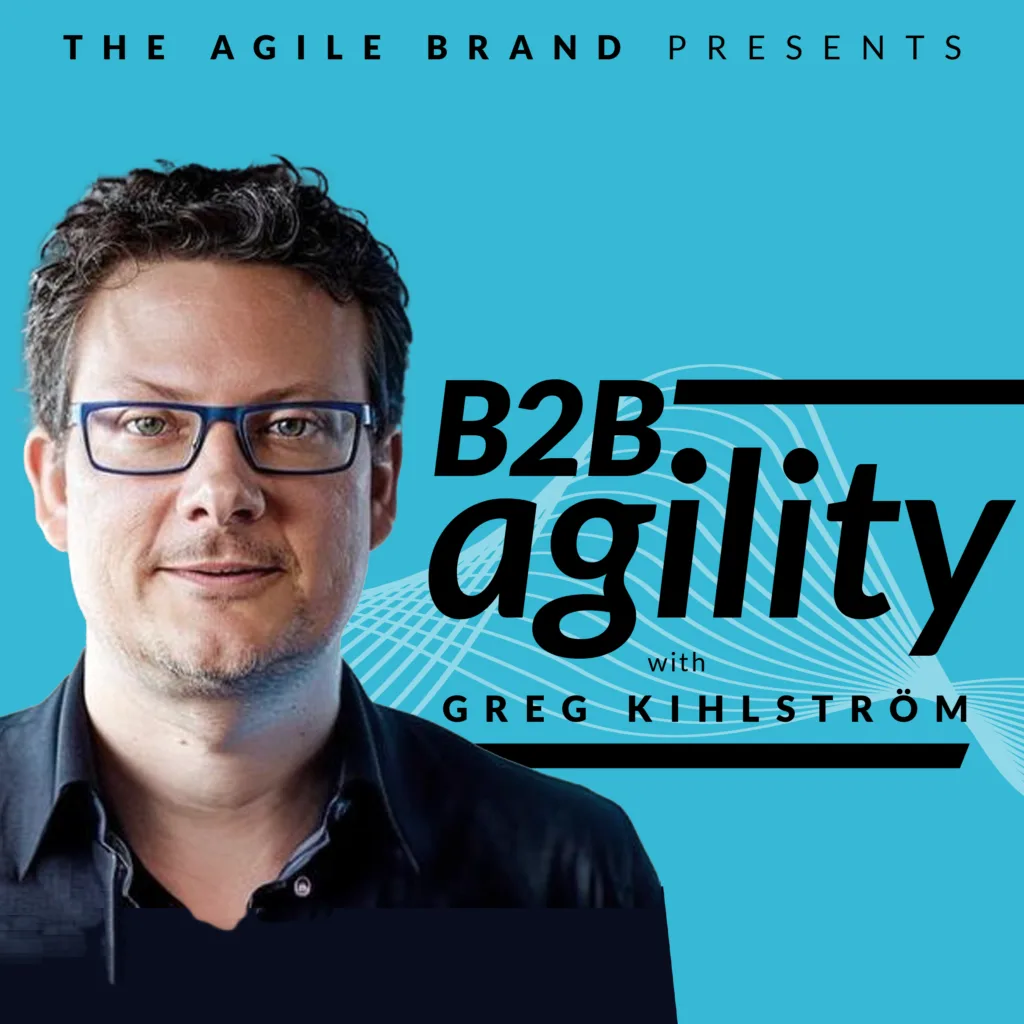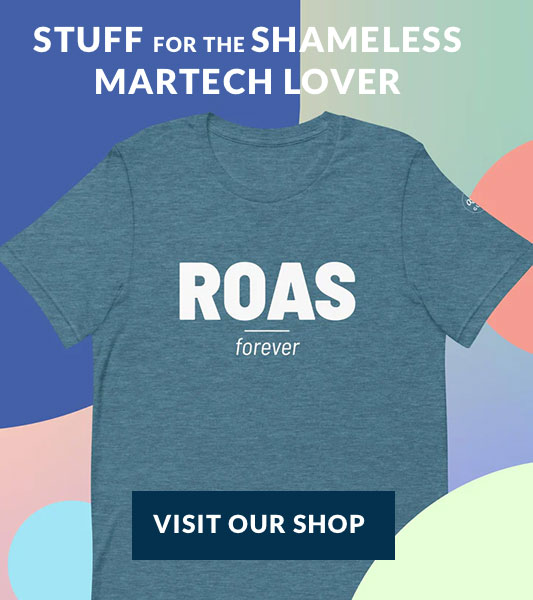Today we’re going to talk about what it takes to build a memorable B2B brand, creating new categories in established industries, and the latest trends in demand generation amidst increased automation, demands for self-service tools, and more.
To help me discuss these topics, I’d like to welcome Kristin Russel, Chief Marketing Officer at Symplr.
About Kristin Russel
As Chief Marketing Officer, Kristin Russel drives the development and execution of symplr’s comprehensive marketing strategy, overseeing all branding, digital and product marketing, sales enablement, public relations, community outreach programs, channel partnerships, and business development.
Recently named one of Becker’s top 100 women in healthcare, Russel is a tenured leader and visionary in the healthcare technology industry. She is also a Fellow of the American College of Health Data Management. Before joining symplr, she led marketing at Quest Analytics and Carrot Inc. and drove revenue and new growth initiatives through strategic partnerships and marketing at Humana, Cerner, and Omnicell. She is also a successful entrepreneur, having founded fin-tech company Anachron, which was ultimately sold to ING Bank. Russel has a bachelor’s degree from McMaster University in Canada, an MBA from Ecole Superieure de Commerce in France, and a Master of Public Administration degree from Carleton University in Canada.
Resources
Symplr website: https://www.symplr.com
- B2B MarCom Summit: https://www.b2bsummit.co – use the code AGILE15 for 15% off registration for this event on May 23 in Reston, VA!
- The B2B Agility podcast website: https://agilebrandguide.com/latest-podcasts/b2bagility/
- Get the latest news and updates on LinkedIn here: https://www.linkedin.com/showcase/b2b-agility/
- Check out The Agile Brand Guide website with articles, insights, and Martechipedia, the wiki for marketing technology: https://www.agilebrandguide.com
- The Agile Brand is produced by Missing Link—a Latina-owned strategy-driven, creatively fueled production co-op. From ideation to creation, they craft human connections through intelligent, engaging and informative content. https://www.missinglink.company
Building a memorable brand involves focusing on creative quality to capture the attention of the target audience. In the podcast episode, Kristin Russel, the Chief Marketing Officer at symplr, emphasized the importance of creative quality in B2B marketing. She highlighted that even in the B2B space, where creative might not always be considered crucial, it plays a significant role in marketing effectiveness. Kristen mentioned that if the creative is memorable and grabs the attention of the target audience, the brand is more likely to stand out and capture the eyes and ears of the audience.
Moreover, Kristin discussed the concept of branding and how it is essential for a buyer to remember the brand in order to search for it, talk about it, and ultimately make a purchase. This underscores the importance of creative quality in ensuring that the brand is memorable and resonates with the target market. By focusing on creative quality, B2B marketers can differentiate their brand, make a lasting impression on their audience, and ultimately drive engagement and conversions.
Kristin’s insights highlight the critical role that creative quality plays in building a memorable B2B brand. By investing in creative excellence, marketers can create compelling content that captures the attention of their audience, sets their brand apart from competitors, and ultimately drives success in a competitive marketplace.
Establishing a new category in an industry is a strategic move that can set a company apart from its competitors. In the podcast episode, Kristin Russel, the Chief Marketing Officer at symplr, shared insights on how they successfully created a new category in the healthcare technology space. She highlighted three key factors that are crucial for establishing a new category:
- Analyst Recognition: Kristin emphasized the importance of having analysts talk about the new category. When industry analysts recognize and discuss the category, it adds credibility and visibility to the concept. Analysts play a significant role in shaping industry trends and perceptions, so their endorsement can validate the legitimacy of the new category.
- Job Titles Related to the Category: Another important aspect mentioned by Kristin is the creation of job titles related to the new category. By introducing job roles such as “healthcare operations analyst” or “healthcare operations workforce manager,” companies can solidify the existence of the category within the industry. These job titles help in defining the roles and responsibilities associated with the category, further establishing its presence.
- Competition Using the Category Name in Marketing: Kristin also highlighted the significance of competition adopting the category name in their marketing efforts. When competitors start using the category name in their messaging and promotions, it indicates that the new category is gaining traction and recognition within the industry. This competitive validation reinforces the legitimacy and relevance of the category, making it more widely accepted.
By focusing on these three factors – analyst recognition, job titles related to the category, and competition using the category name in marketing – companies can effectively establish a new category in an industry. This strategic approach can help differentiate the brand, attract attention, and drive growth by offering innovative solutions that address emerging needs within the market.


Kristin Russel, Chief Marketing Officer, Symplr









